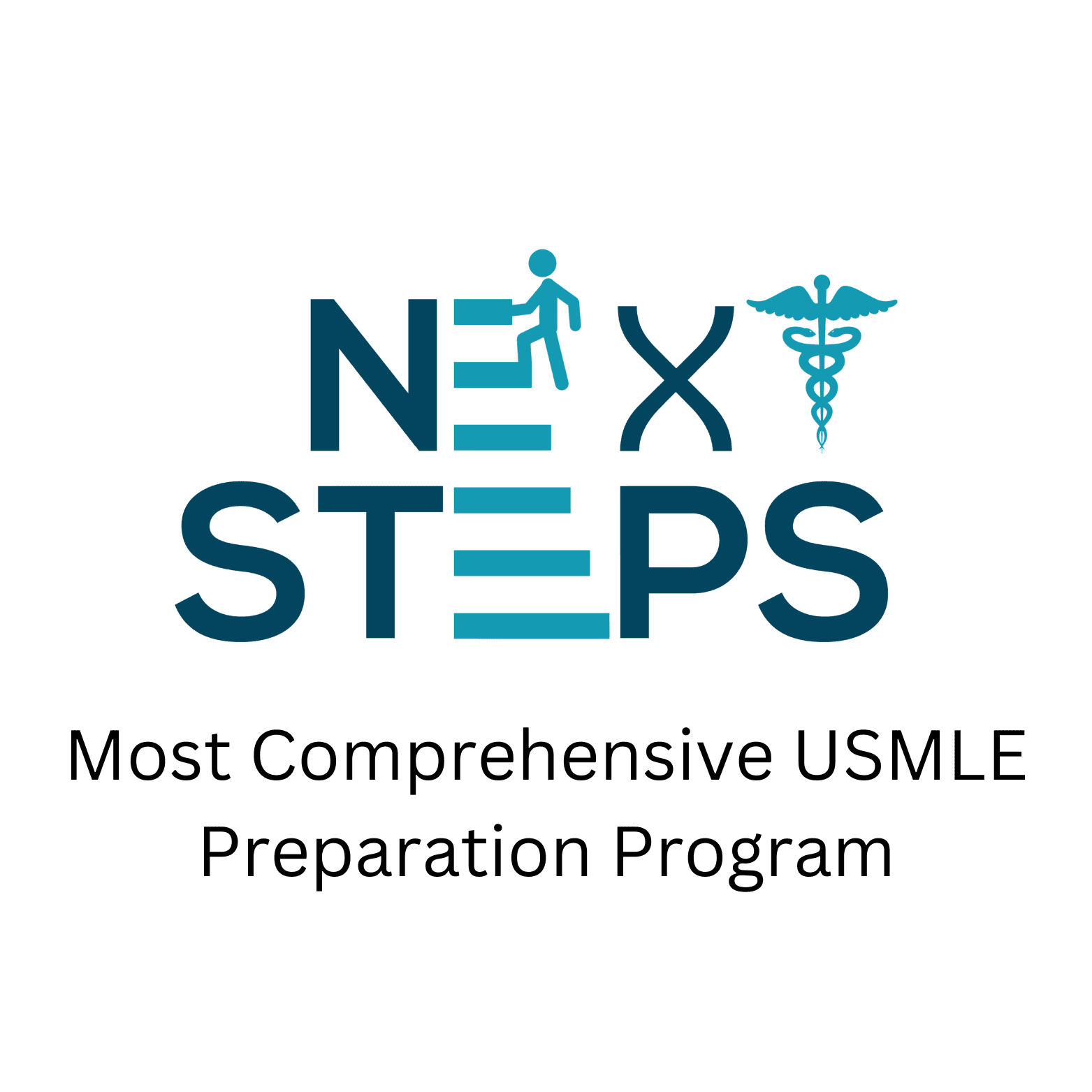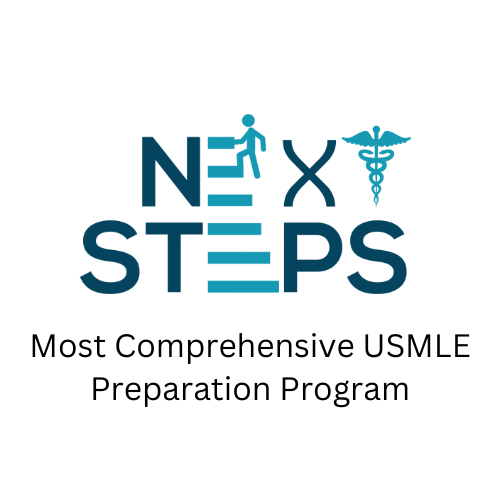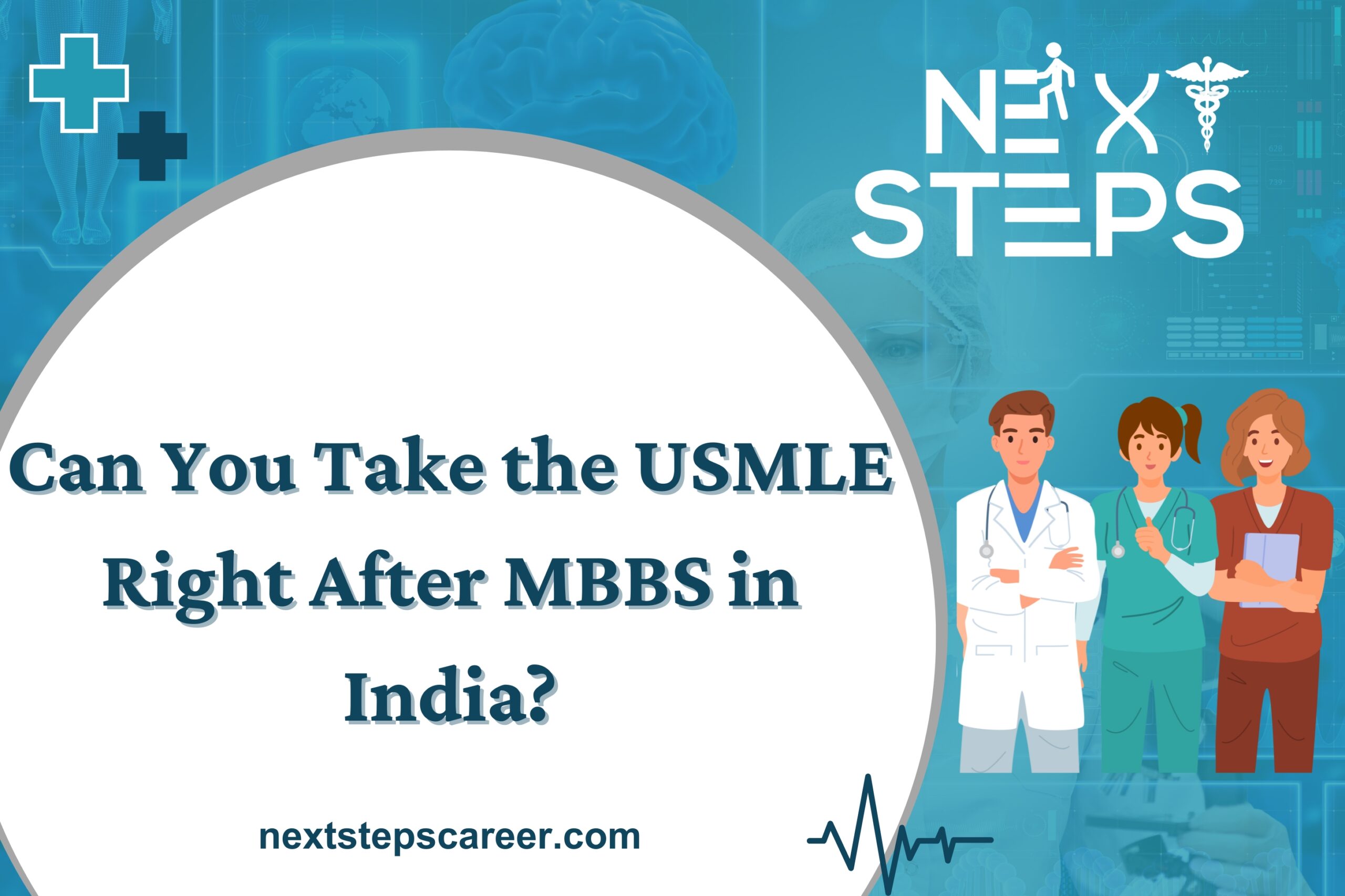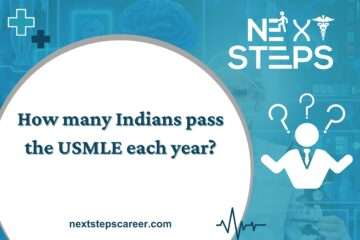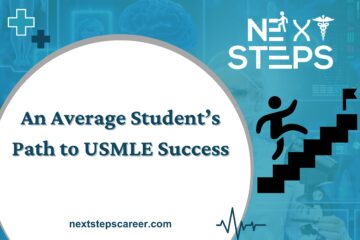Can You Take the USMLE Right After MBBS in India?
If you’re an MBBS graduate from India aspiring to pursue residency training in the United States, you’ve likely come across the United States Medical Licensing Examination (USMLE). One common question is whether it’s possible to take the USMLE right after completing your MBBS. The answer is yes, but there are important factors to consider before diving into the process.
In this post, we’ll explore the eligibility criteria, the ideal time to take the USMLE, and tips to help you get started on your journey to U.S. residency.
1. Understanding USMLE Eligibility for Indian MBBS Graduates
The USMLE consists of multiple steps—Step 1, Step 2 CK (Clinical Knowledge), and Step 3—designed to assess your readiness to practice medicine in the United States. Here’s what you need to know about eligibility:
-
- Step 1 and Step 2 CK: You are eligible to take Step 1 and Step 2 CK if you are either:
- Enrolled in, or a graduate of, a medical school listed in the World Directory of Medical Schools that meets the eligibility criteria. Indian MBBS degrees are recognized, and medical schools in India are typically included in this directory.
- In your final year of medical school or after completing your MBBS degree.
-
- Step 3: You can only take Step 3 after passing both Step 1 and Step 2 CK and earning your Educational Commission for Foreign Medical Graduates (ECFMG) certification. To be eligible for Step 3, you also need to have completed your MBBS degree and an internship.
2. Ideal Time to Take the USMLE
While you can technically take the USMLE right after completing your MBBS, the timing of each step can significantly impact your success. Many Indian students and graduates choose to begin the process while still in medical school or during their internship year.
Here’s a breakdown of the optimal timeline:
-
- Step 1: Ideally, you should take USMLE Step 1 during your MBBS studies, around the third or fourth year. This is because Step 1 tests basic medical sciences, which align with the subjects you cover during the first few years of MBBS. Taking it while the knowledge is still fresh can increase your chances of scoring well.
-
- Step 2 CK: It’s recommended to take Step 2 CK either during your internship year or soon after completing MBBS. Step 2 CK focuses on clinical knowledge, which is best mastered during your clinical rotations and internship.
-
- Step 3: Step 3 is generally taken after securing ECFMG certification and once you’ve gained some clinical experience, often during or just before your residency. Most students take Step 3 after matching into a U.S. residency program.
3. Preparing for the USMLE While in MBBS
If you plan to take the USMLE soon after MBBS, preparation is key. The USMLE requires a different approach compared to typical MBBS exams, and the level of difficulty may be higher due to its emphasis on critical thinking and clinical applications.
Steps to Prepare:
-
- Start Early: Begin your preparation as early as possible. Many Indian students start USMLE preparation during their third year of MBBS to give themselves enough time for thorough revision.
-
- Use Standard USMLE Resources: Resources like First Aid for the USMLE Step 1, Next Steps Mentoring App, and Qbanks are popular among USMLE aspirants for Step 1. For Step 2 CK, resources like Kaplan and Amboss can be invaluable.
-
- Create a Study Plan: Structure your preparation with a solid study plan that includes reviewing all subjects, solving practice questions, and taking mock exams to simulate the actual test day.
-
- Balance MBBS and USMLE Prep: While MBBS exams are important, balancing your time between MBBS studies and USMLE preparation can give you a head start on your residency goals.
4. Advantages of Taking the USMLE Early
Taking the USMLE soon after MBBS offers several advantages, including:
-
- Fresh Knowledge: The basic science subjects tested in Step 1 are fresh in your mind during your MBBS years. You won’t need to spend extra time revisiting topics that you’ve already studied recently.
-
- Early Completion of Steps: By completing Step 1 and Step 2 CK early, you’ll be better positioned to apply for U.S. residency programs in time for the next Match cycle, increasing your chances of securing a residency spot.
-
- Streamlined Path to Residency: Completing the USMLE early can streamline your path to securing an internship, externship, or observership in the U.S., all of which are crucial for international medical graduates (IMGs) looking to bolster their applications.
5. Challenges You Might Face
While taking the USMLE soon after MBBS can be beneficial, there are also challenges to keep in mind:
-
- Time Management: Balancing MBBS exams and USMLE preparation can be stressful. You’ll need to carefully manage your time and avoid burnout.
-
- Different Exam Formats: The USMLE and Indian MBBS exams have different formats, with the USMLE focusing more on clinical application and problem-solving. Adapting to the USMLE’s multiple-choice and clinical vignette format may take time.
-
- Financial Considerations: The USMLE is expensive, especially for international students. Consider the costs of exam fees, travel, and preparation resources when planning your timeline.
6. What Happens After Taking the USMLE?
Once you complete the USMLE steps, your next steps include:
-
- ECFMG Certification: After passing Step 1 and Step 2 CK, you’ll need to obtain ECFMG certification, which allows you to apply for residency programs through the NRMP Match.
-
- Residency Applications: Begin preparing for the residency application process by assembling a strong ERAS application, securing letters of recommendation, and preparing for interviews.
-
- Match Process: Once you’ve completed the necessary steps, you’ll participate in the NRMP Match to secure a residency position in the U.S.
Final Thoughts
Yes, you can take the USMLE right after MBBS in India, and in fact, many Indian students do so to align their career goals with the U.S. healthcare system. By preparing early, staying focused on your study plan, and understanding the timing of each USMLE step, you can set yourself on the path to success in your U.S. residency journey.
If you’re thinking about pursuing the USMLE after MBBS, start planning early, stay organized, and make the most of the resources and support available to you.
